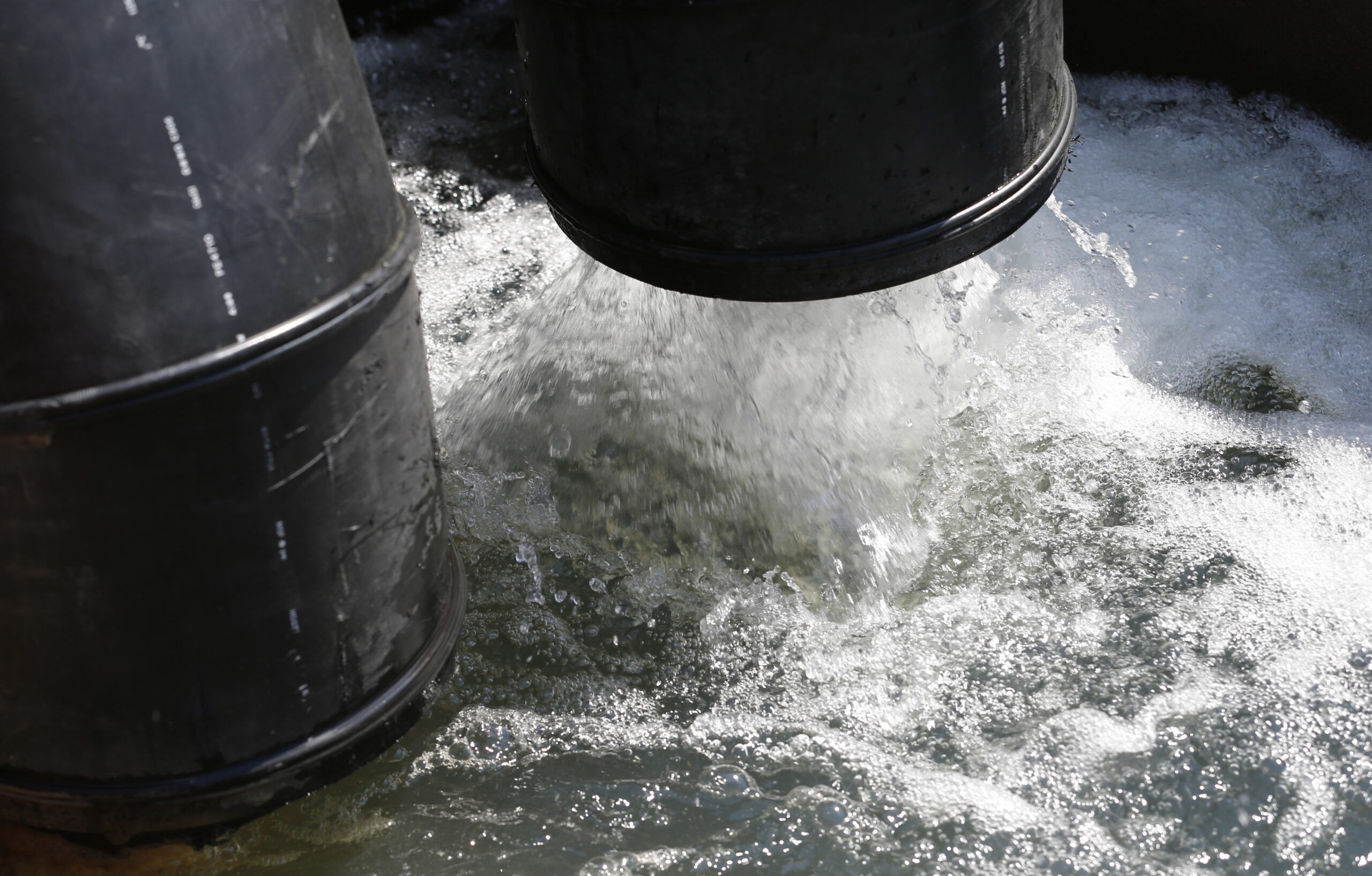Contaminants including boron, arsenic and cobalt have leached out of coal ash ponds in Georgia and into groundwater, according to an analysis released by environmental groups on Thursday.
Coal ash is a byproduct from burning coal for electricity, and there are tens of millions of tons of it in Georgia. While Georgia Power has committed to closing its coal ash ponds, and is ahead of schedule on the process, according to the company, the environmental groups want the company to do more.
In the past, coal ash has been stored mixed with water in big, open pits, called coal ash ponds. In 2015, the U.S. Environmental Protection Agency rolled out a rule requiring utilities to store it more safely, and also to begin groundwater monitoring, and to post its findings.
The groups behind Thursday’s report, the Environmental Integrity Project and Earthjustice, went through that publicly-available information, and found that 11 out of 12 coal-fired power plants in Georgia have coal ash ponds that are contaminating groundwater. Ten of those 11 are owned by Georgia Power.
“We’re really excited to see this report and have some very clear data that tells us what I think we all knew already, which is, these ash ponds are leaking,” said Jennette Gayer, director of Environment Georgia, a group that helped with the report.








